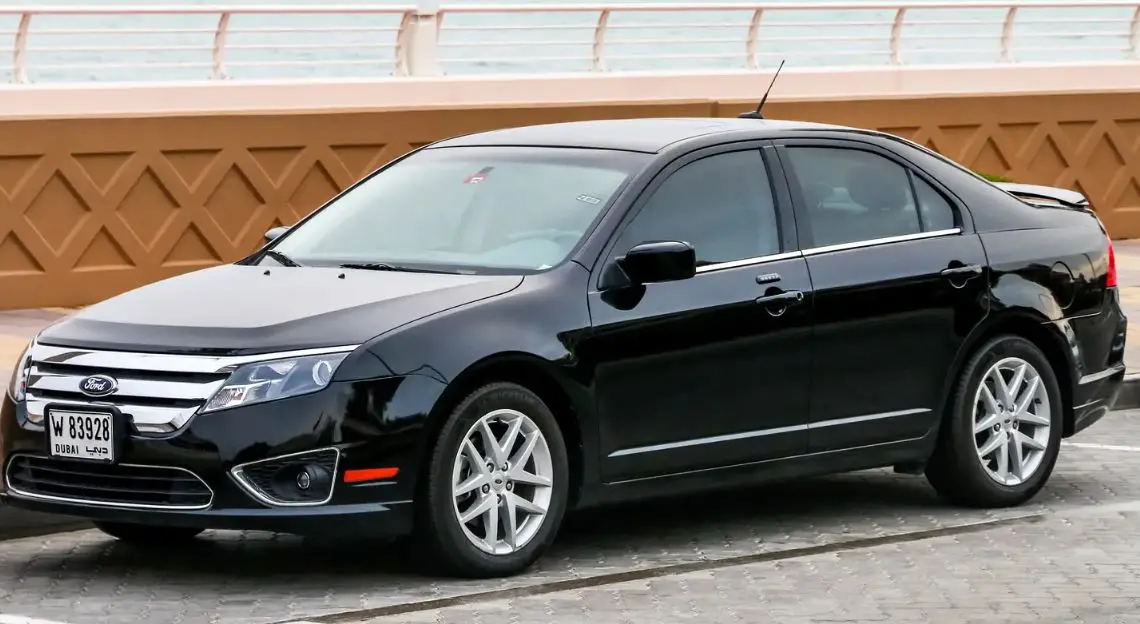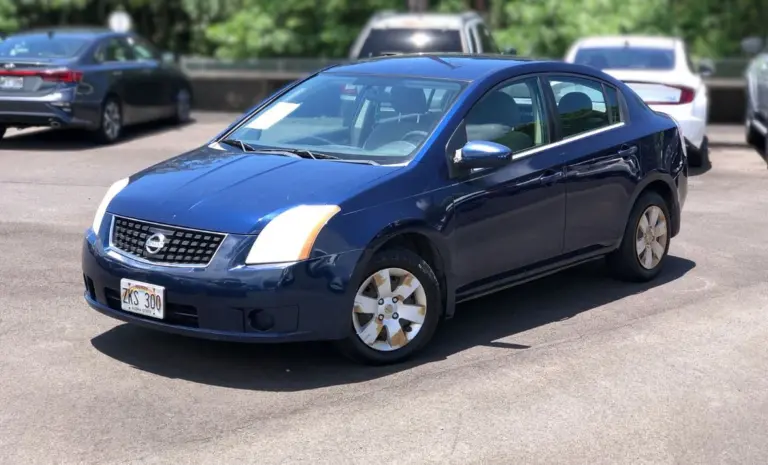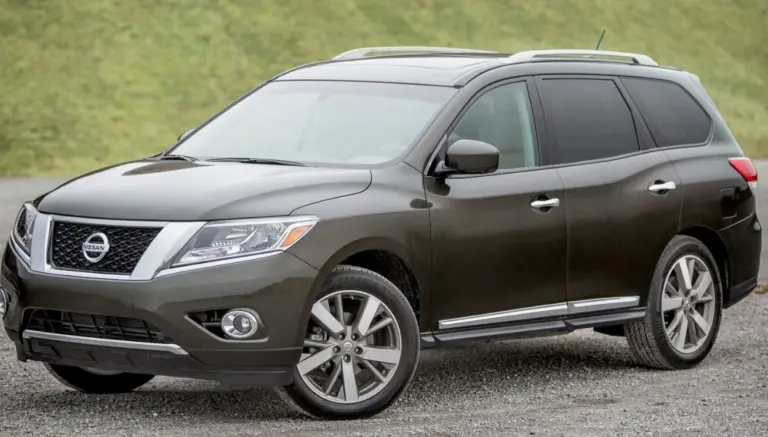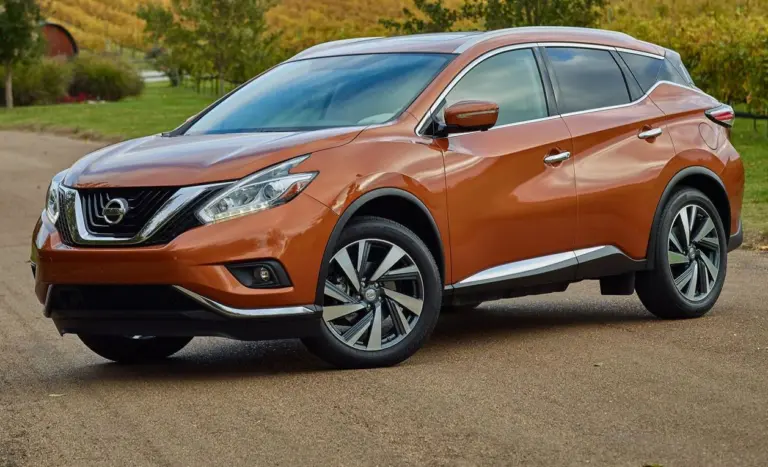These Are the Ford Fusion Years to Avoid
The Ford Fusion has been a popular midsize sedan since its introduction in 2006. However, not all model years are created equal. If you’re in the market for a used Ford Fusion, it’s crucial to know which years to steer clear of to avoid potential headaches and costly repairs.
Let’s take a closer look at the Ford Fusion years to avoid and why, so you can make an informed decision when shopping for this versatile sedan.
Ford Fusion Years to Avoid
Before we get into the specifics, here’s a quick overview of the Ford Fusion model years to avoid and their associated issues:
| Model Year | Major Issues |
|---|---|
| 2010 | Power steering failures, transmission problems, ABS malfunctions |
| 2011 | Continued power steering issues, transmission troubles |
| 2012 | Persistent power steering problems, transmission concerns |
| 2013 | Engine coolant leaks, overheating, transmission issues |
| 2014 | Similar problems to 2013, including coolant leaks and transmission troubles |
2010 Ford Fusion
The 2010 Ford Fusion is arguably the most problematic year for this model. Owners reported numerous issues, making it a year to avoid when shopping for a used Fusion. Some of the major problems include:
- Unexpected power steering assist loss
- Transmission glitches
- ABS malfunctions
- Cracked fuel tanks
- Electronic Throttle Body failures
These issues led to nearly 5,000 complaints filed with the National Highway Traffic Safety Administration (NHTSA). Additionally, a class-action lawsuit was filed regarding the Electronic Throttle Body malfunctions, further highlighting the severity of the problems associated with this model year.
2011 and 2012 Ford Fusion
While not as problematic as the 2010 model, the 2011 and 2012 Ford Fusion years still experienced significant issues that make them less desirable options for used car buyers. The main problems persisting in these model years include:
- Continued power steering issues (except in 3.5L engine models)
- Transmission problems
- Multiple recalls
Although Ford attempted to address some of the issues from the 2010 model, many problems continued to plague the 2011 and 2012 Fusions. These ongoing concerns make these years risky choices for used car shoppers.
2013 and 2014 Ford Fusion
The second generation of the Ford Fusion, introduced in 2013, brought a new set of problems. While the redesign offered improved features and fuel economy, it also introduced new issues that potential buyers should be aware of:
- Coolant leaks
- Engine overheating
- Transmission problems (slipping and erratic shifting)
- Power steering assist failures
Both the 2013 and 2014 models were subject to numerous recalls, addressing issues such as:
- Oil leaks from cracked engine cylinder heads
- Coolant fluid leaks
- Overheating in 1.6L engines
- Fuel leaks from compromised fuel delivery modules
- Malfunctioning door latches
- Unintentional rollaway due to detached shift cables
- Front brake hose cracks leading to brake fluid leaks
These persistent problems and frequent recalls make the 2013 and 2014 Ford Fusion years ones to avoid when shopping for a used model.
Common Problems Across these Model Years
While each model year had its specific issues, some problems were common across multiple years of the Ford Fusion. Understanding these recurring issues can help you make a more informed decision when considering a used Fusion:
Power Steering Problems
One of the most prevalent issues across the problematic Ford Fusion years was power steering failure. Many owners reported difficulty turning the steering wheel, especially during low-speed maneuvers or in tight parking situations. This problem could lead to unsafe driving conditions if not addressed promptly.
Transmission Issues
Transmission problems were another common complaint among Ford Fusion owners. These issues manifested in various ways, including:
- Harsh or delayed shifting
- Transmission fluid leaks
- Slipping gears
- Complete transmission failure in some cases
These transmission problems often resulted in a less-than-smooth ride and could lead to costly repairs if not addressed early.
Engine and Cooling System Problems
Particularly in the 2013 and 2014 models, engine and cooling system issues were prevalent. These problems included:
- Coolant leaks
- Engine overheating
- Oil leaks from cracked cylinder heads
These issues could lead to significant engine damage if not detected and repaired promptly, potentially resulting in expensive repairs or even engine replacement.
Electrical System Malfunctions
Across various model years, electrical system problems were reported by Ford Fusion owners. These issues affected various components, including:
- Backup cameras
- Adaptive cruise control
- Heated steering wheels
- Infotainment systems
While some of these problems could be resolved with software updates, others required more extensive repairs or component replacements.
Recommended Model Years
While we’ve focused on the Ford Fusion years to avoid, it’s worth noting that not all model years were problematic. If you’re still interested in purchasing a used Ford Fusion, consider these more reliable model years:
- 2008-2009 (First generation)
- 2015-2016 (Second generation)
- 2017-2020 (Second generation)
These model years generally received fewer complaints and had fewer reported issues. However, it’s always recommended to have any used car inspected by a trusted mechanic before making a purchase.
Alternative Cars
If you’re hesitant about purchasing a Ford Fusion due to the potential issues we’ve discussed, there are several alternative midsize sedans you might consider:
- Honda Accord: Known for its reliability and strong resale value
- Toyota Camry: Another highly reliable option with a reputation for longevity
- Mazda6: Offers a more sporty driving experience with good reliability ratings
- Hyundai Sonata: Provides good value with a long warranty
- Chevrolet Malibu: A domestic alternative with improved reliability in recent years
These alternatives offer similar features and comfort to the Ford Fusion but may provide better reliability, depending on the specific model year.
Frequently Asked Questions (F.A.Q)
Q1. Are all Ford Fusion years bad?
No, not all Ford Fusion years are problematic. While we’ve highlighted the years to avoid, many model years, particularly from 2015 onwards, have proven to be quite reliable. It’s important to research the specific year you’re interested in and have any used car inspected before purchase.
Q2. How long do Ford Fusions typically last?
With proper maintenance, a Ford Fusion can last between 200,000 to 250,000 miles. However, this can vary significantly depending on the model year, how well the car has been maintained, and driving conditions.
Q3. Are Ford Fusions expensive to repair?
Compared to some luxury brands, Ford Fusions are generally not considered expensive to repair. However, certain issues, particularly with transmission or engine problems in the problematic years we’ve discussed, can lead to costly repairs.
Q4. Is Ford still making the Fusion?
Ford discontinued the Fusion after the 2020 model year as part of their shift towards SUVs and trucks in the North American market. However, used Fusions remain widely available.
Q5. What should I look for when buying a used Ford Fusion?
When considering a used Ford Fusion, pay attention to the model year, check for any open recalls, review the vehicle’s maintenance history, and have it inspected by a trusted mechanic. Be particularly cautious of the model years we’ve highlighted as problematic.
Wrapping Up
While the Ford Fusion has been a popular choice in the midsize sedan market, certain model years have proven more problematic than others. By avoiding the 2010-2014 model years and being cautious with other early second-generation models, you can increase your chances of finding a reliable used Ford Fusion. Remember to always do your research, check for open recalls, and have any used car inspected before making a purchase. Whether you choose a Ford Fusion or one of its competitors, a well-informed decision will help ensure you get a reliable and satisfying vehicle.







